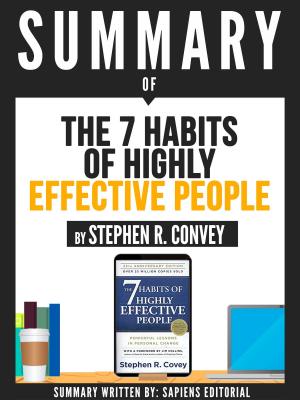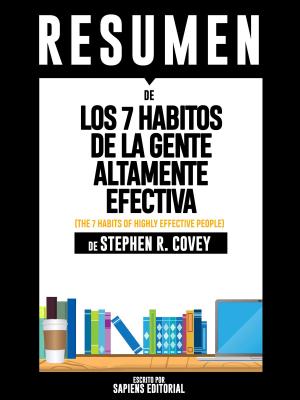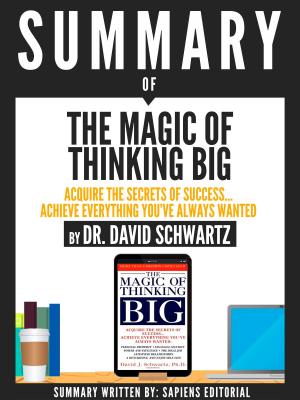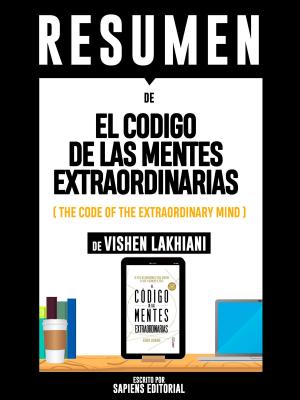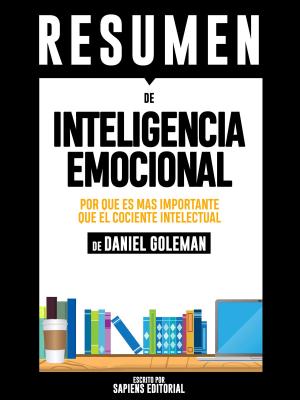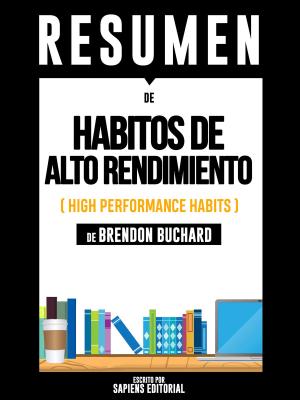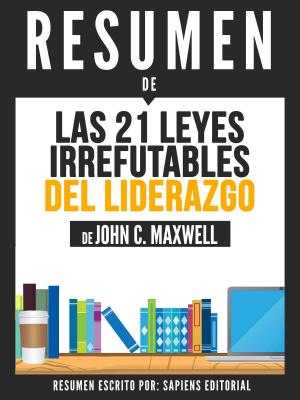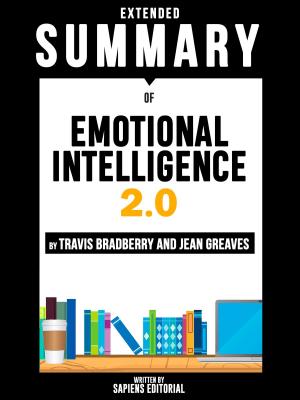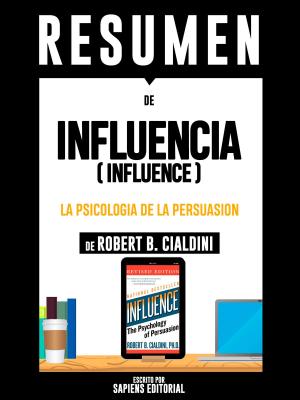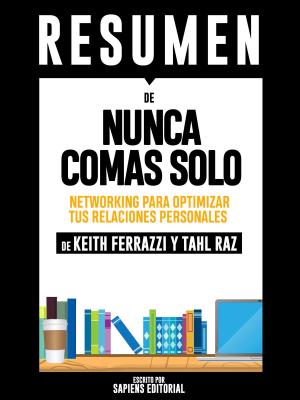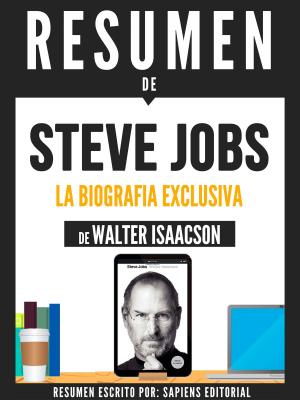Summary Of "Being Mortal: Medicine And What Matters At The End - By Atul Gawande", Written By Sapiens Editorial
Nonfiction, Health & Well Being, Self Help, Mental Health, Death, Grief, Bereavement| Author: | Sapiens Editorial | ISBN: | 9783964541437 |
| Publisher: | Sapiens Editorial | Publication: | June 7, 2018 |
| Imprint: | Language: | English |
| Author: | Sapiens Editorial |
| ISBN: | 9783964541437 |
| Publisher: | Sapiens Editorial |
| Publication: | June 7, 2018 |
| Imprint: | |
| Language: | English |
ABOUT THE ORIGINAL BOOK One of the most difficult issues to address is death. The mere idea of dying causes different reactions in people, that can basically be categorized in two ways: those who see it as being reborn into a better life, and those who are terrified by the inevitability of the fact that one day they will die. Whatever our perspective of death, it is hard for us to think about how we want to spend our last days. For about fifty years, modern medicine has extended life, but medicine still has no control over how to handle the process when the time of death approaches. The longer our life expectancy, the longer our descent will be, along the tortuously long road. For those destined to die, it is questionable to put forward the scientific advances that feed the pioneers ego as an increase in quality of life. In Being Mortal, author Atul Gawande, addresses precisely this issue, and analyzes the birth of nursing homes, independent and assisted living centers, and the diverse roles that modern programs can play to support those who approach the end of their lives. We believe that medicine is about guaranteeing health and survival. But, it is much more than that. Because those who suffer from a serious illness have other priorities besides prolonging their lives - the author writes. This is reality. A person who knows that they are going to die does not want to suffer. They need to strengthen their relationships with their family and friends, be mentally conscious and healthy, not be a burden to others, and feel that their life is complete. When it comes to this aspect of mortality, health care has completely failed.
ABOUT THE ORIGINAL BOOK One of the most difficult issues to address is death. The mere idea of dying causes different reactions in people, that can basically be categorized in two ways: those who see it as being reborn into a better life, and those who are terrified by the inevitability of the fact that one day they will die. Whatever our perspective of death, it is hard for us to think about how we want to spend our last days. For about fifty years, modern medicine has extended life, but medicine still has no control over how to handle the process when the time of death approaches. The longer our life expectancy, the longer our descent will be, along the tortuously long road. For those destined to die, it is questionable to put forward the scientific advances that feed the pioneers ego as an increase in quality of life. In Being Mortal, author Atul Gawande, addresses precisely this issue, and analyzes the birth of nursing homes, independent and assisted living centers, and the diverse roles that modern programs can play to support those who approach the end of their lives. We believe that medicine is about guaranteeing health and survival. But, it is much more than that. Because those who suffer from a serious illness have other priorities besides prolonging their lives - the author writes. This is reality. A person who knows that they are going to die does not want to suffer. They need to strengthen their relationships with their family and friends, be mentally conscious and healthy, not be a burden to others, and feel that their life is complete. When it comes to this aspect of mortality, health care has completely failed.

